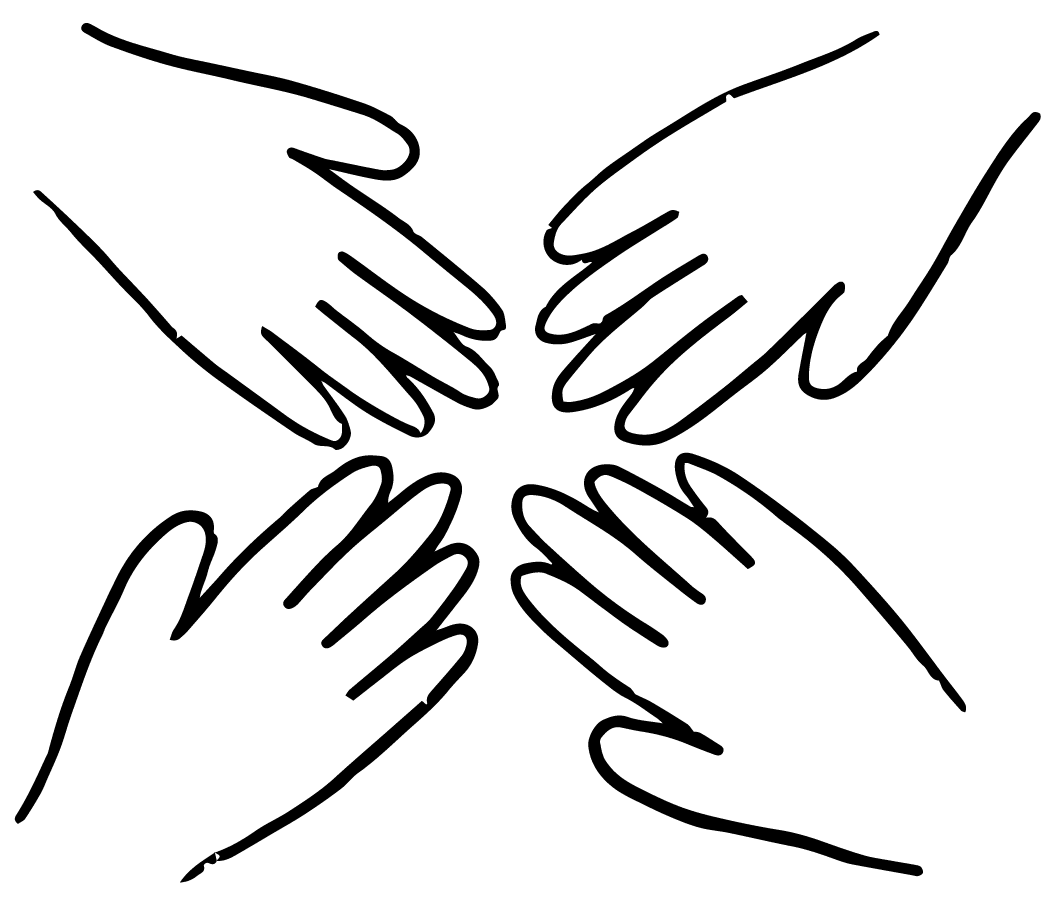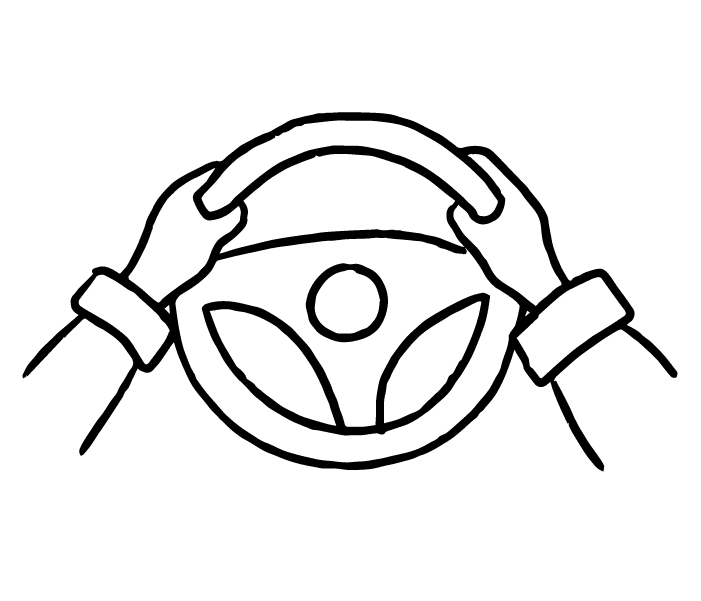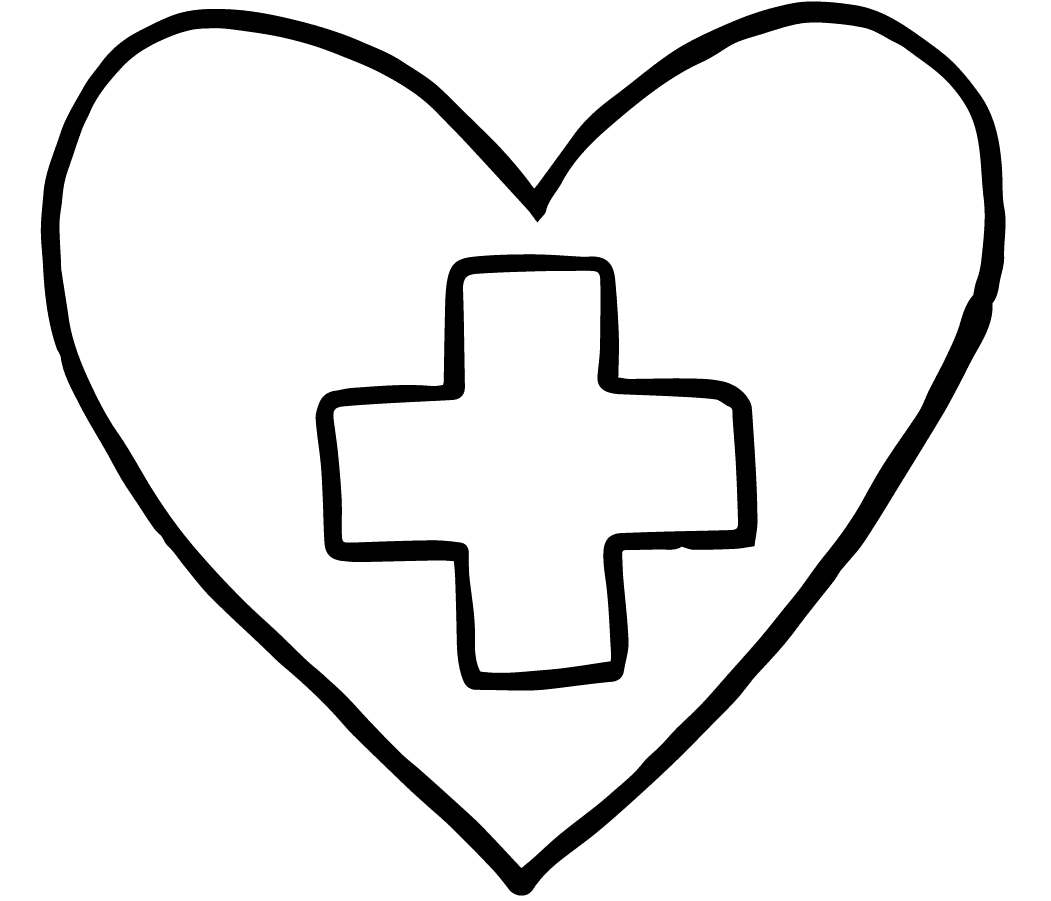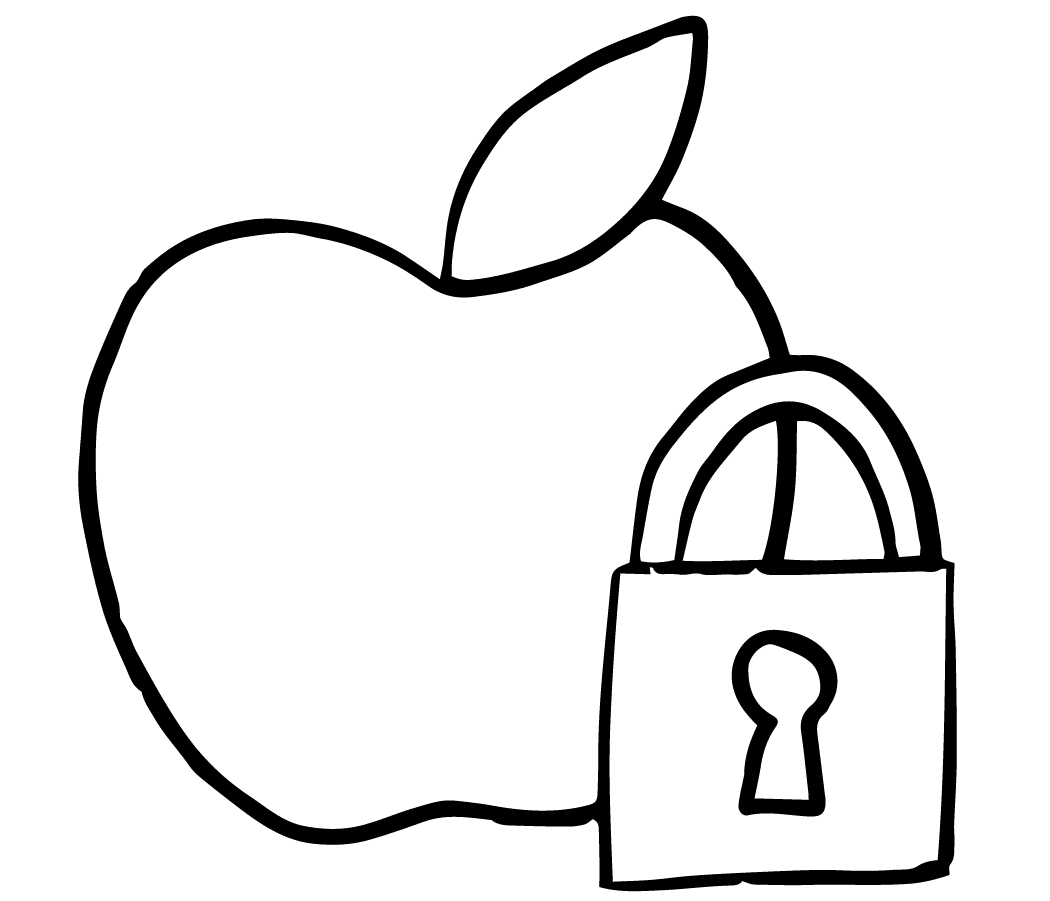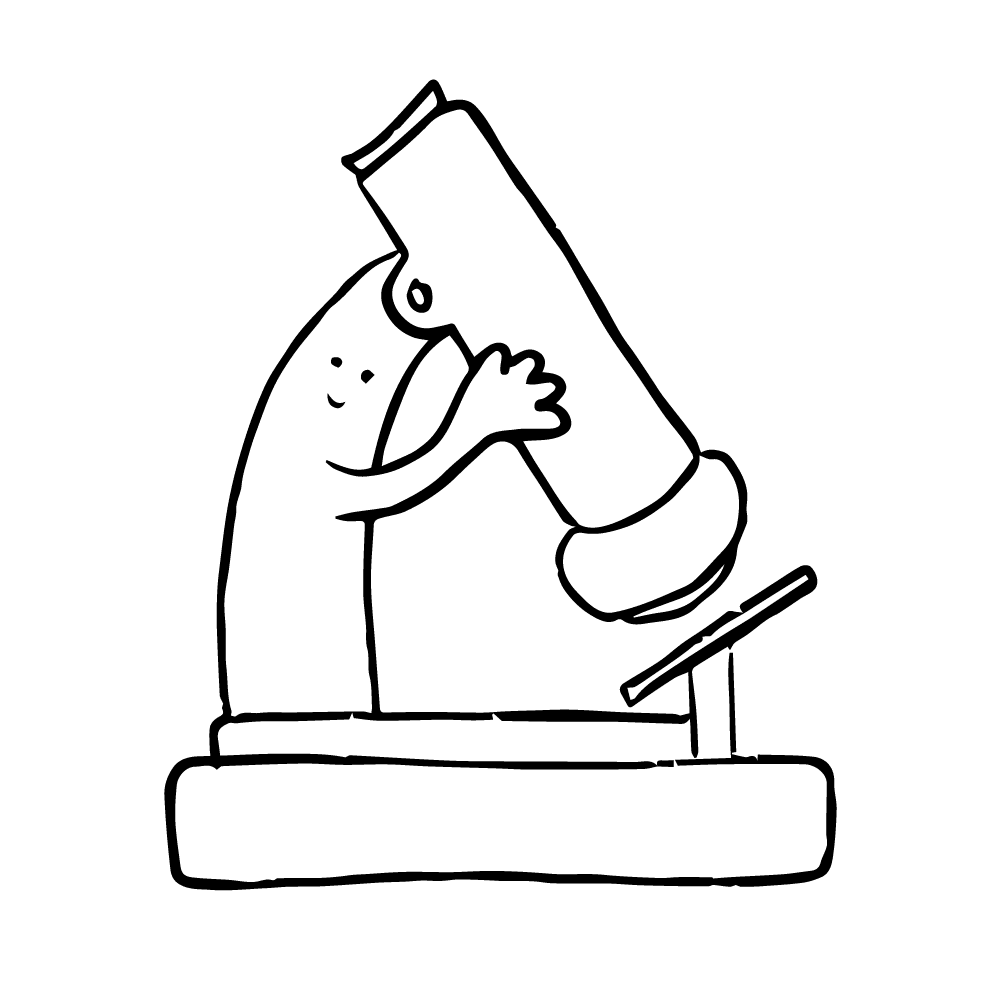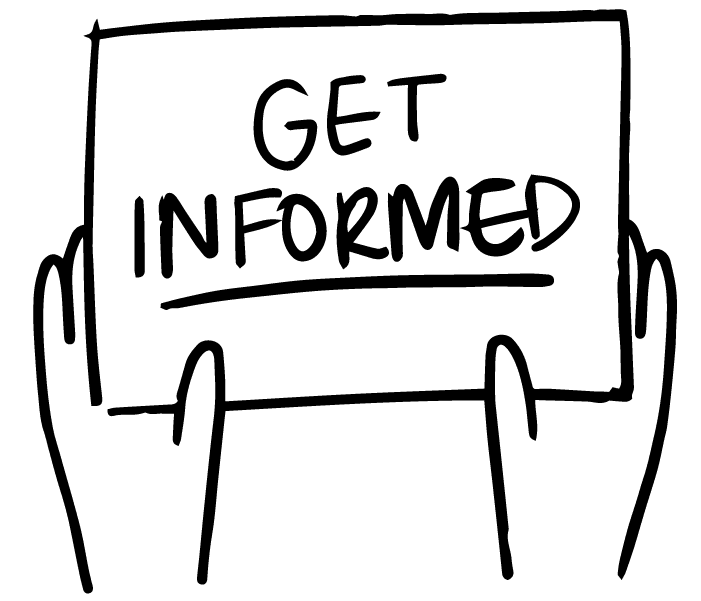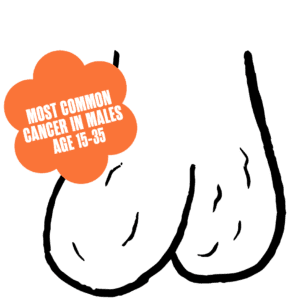
What is Testicular Cancer?
Testicular cancer is a type of cancer that starts in your testicles. Each testicle is composed of many different types of cells, which can each result in a different type of cancer. More than 90% of testicular cancers start in germ cells, including seminoma and non-seminomas. Other types of testicular cancer include carcinoma in situ and gonadal stromal tumors.
Who Does Testicular Cancer Affect?
Testicular cancer occurs in people who were assigned male at birth. It mostly occurs in people between 20 and 40 years old and is more common in White men than men of other races.
In 2024,
9,760 new diagnoses
500 people will die
Testicular Cancer Facts
Testicular cancer has a
95% 5-year survival rate
White men have the highest rate of testicular cancer compared to other races/ethnicities. White men are 4 to 5 times more likely to have testis cancer than Black men, and 3 times more likely than Asian American men.
*Note: All statistics are based on the U.S. population.
Why? We’re not sure yet why White men are most likely to have testicular cancer, but it is likely linked to genetics.
Testicular Cancer Risk Factors
Testicular cancer risk factors are mostly based on your genetics, but there are also general cancer risk factors that are based on your lifestyle. Whether you have one or all of these risk factors, there is no guarantee you will develop testicular cancer in your lifetime. Risk factors are important to understand so you can adjust your lifestyle-based risks and talk to your doctor about your overall risk.
- Having an undescended testicle or abnormal testicle development
- Having a father or brother with testicular cancer
- Being infected with HIV
- Being White
Testicular Cancer Warning Signs
Most testicular cancers can be found early because they cause symptoms that are hard to ignore, including:
- A lump or swelling in either testicle
- Pain or discomfort in a testicle or the scrotum
- A feeling of heaviness or dull ache in the abdomen or groin
- Breast growth or soreness
- Early puberty
- Low back or stomach pain
- Shortness of breath, chest pain, or a cough
- Headaches or confusion
Learn more about cancer Early Detection.
Notice a warning sign? Talk to your doctor, not WebMD!
Preventing Testicular Cancer
Because the majority of testicular cancer risk factors are based on your genetics, there is no way to prevent testicular cancer. However, you can make active decisions regarding your health that can potentially reduce your risk of testicular cancer.
Learn more about cancer Prevention.
Finding Testicular Cancer Early
We say it all the time: Early detection saves lives. By finding testicular cancer early, it is easier to treat and there are better treatment outcomes.
If you were assigned male at birth, here’s what you should be doing:
Monthly Self-Exams
Anyone assigned male at birth should complete monthly testicular self-exams starting after puberty. It’s about knowing your body really well, so if something out of the ordinary pops up, you can have a doctor check ASAP.
Physical Exam
It might sound awkward, but it’s really important to be screened for testicular cancer during your routine doctor’s visits. If you were assigned male at birth, develop a screening plan with your doctor based on your personal preferences, family history, and overall risk.
Testicular Cancer Treatment Options
Testicular cancer treatment is personal. Most testicular cancers are treated with surgery, but you could also get radiation therapy to fully eliminate the cancer from your body.
Surgery
Surgery is the first treatment for almost all testicular cancers.
- Radical Inguinal Orchiectomy – This is the main type of surgery used to treat testicular cancer and it removes the testicle with cancer from your body.
- Retroperitoneal Lymph Node Dissection – If the cancer has spread to nearby lymph nodes, this surgery removes those lymph nodes at the back of the abdomen. This can be performed during or after a radical inguinal orchiectomy.
Radiation Therapy
Radiation uses high-energy rays to kill cancer cells and is mainly used to treat testicular cancers with seminoma.
To learn more about what to expect at your first treatment appointment, visit our Life With Cancer page.
After Testicular Cancer Treatment
After completing testicular cancer treatment, there is always a chance of recurrence, where the testicular cancer can come back, or a second cancer, where you are diagnosed later in life with an additional type of cancer. Compared to the general population, testicular cancer survivors are up to twice as likely to develop a new cancer outside the testicle. Making healthy lifestyle choices can help prevent a second cancer from developing.
Common Experiences of People with Testicular Cancer
While each person’s experience with testicular cancer is personal and unique, there are some common experiences that people with prostate cancer may be going through.
Worrying About Your Fertility
Unfortunately, testicular cancer and its treatment can have negative impacts on your fertility. Before starting treatment, you should discuss your fertility options with your oncologist. But, just because you’ve been diagnosed with testicular cancer or gone through treatment, you are not definitely infertile. If you still have one testicle, it is likely that your fertility levels will rebound a few years after completing cancer treatment.
Changing Self-Image
Testicles are often tied to ideas around masculinity in our culture, which can lead you to question your manhood after a testicular cancer diagnosis and treatment. Even if you have a testicle removed, your body will still produce testosterone (the main male hormone) or you can take testosterone supplements.
Source: American Cancer Society; Centers for Disease Control and Prevention



